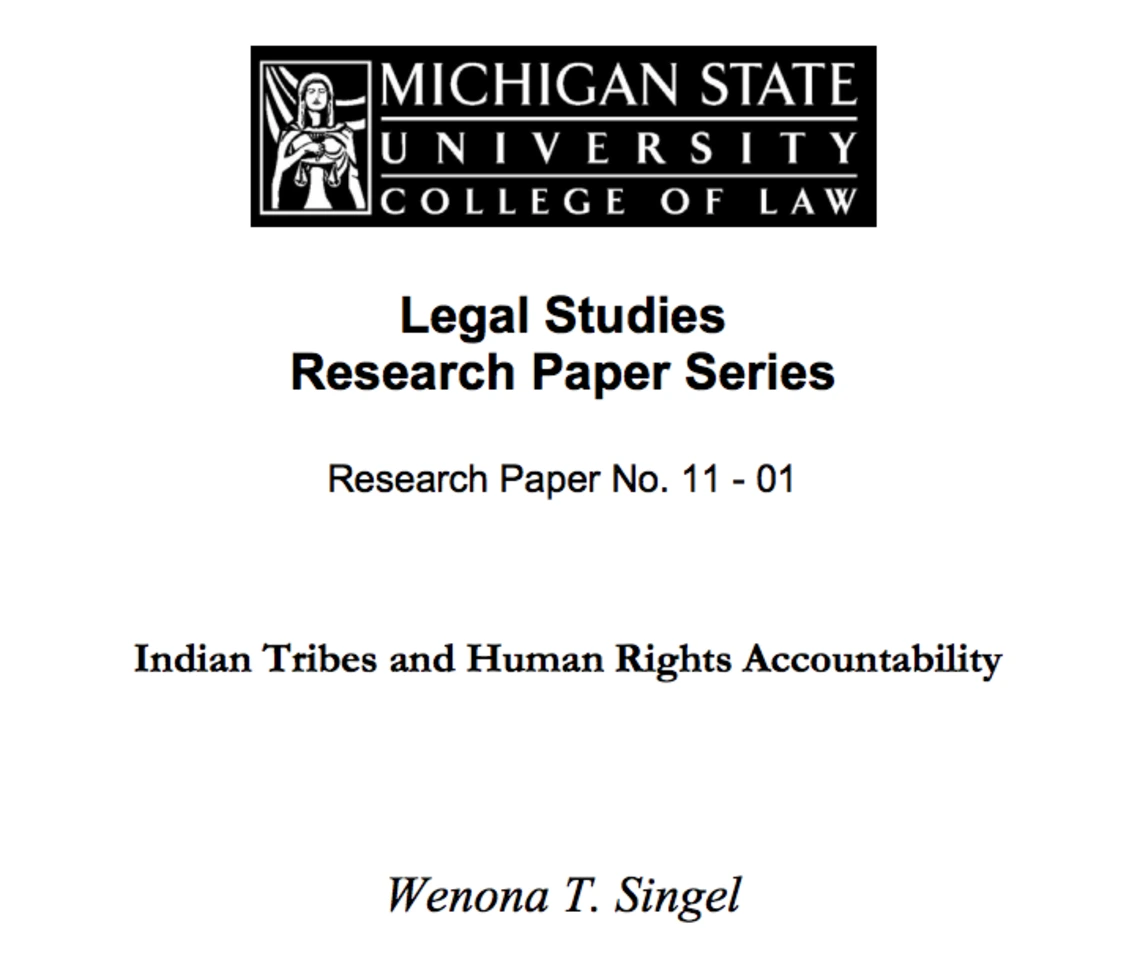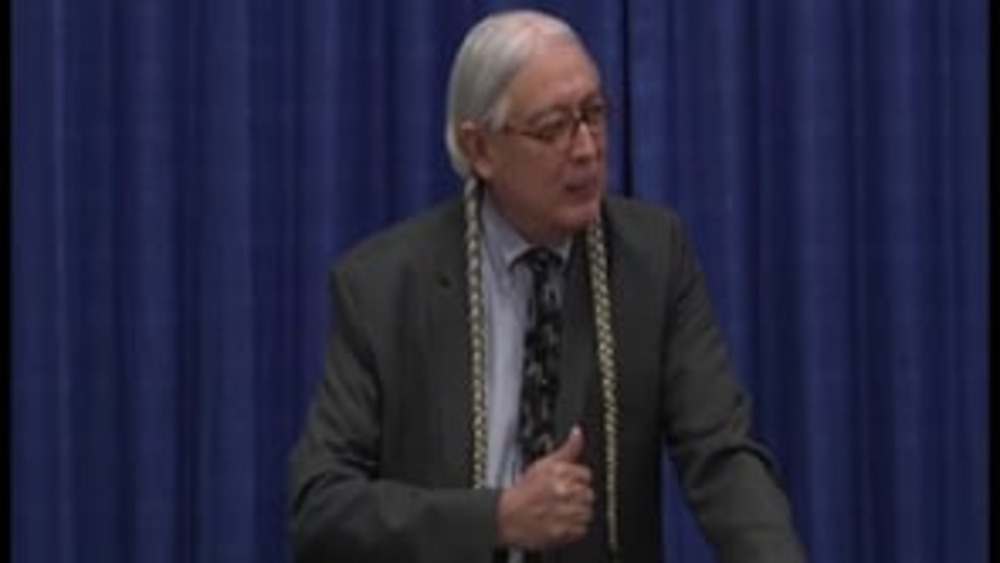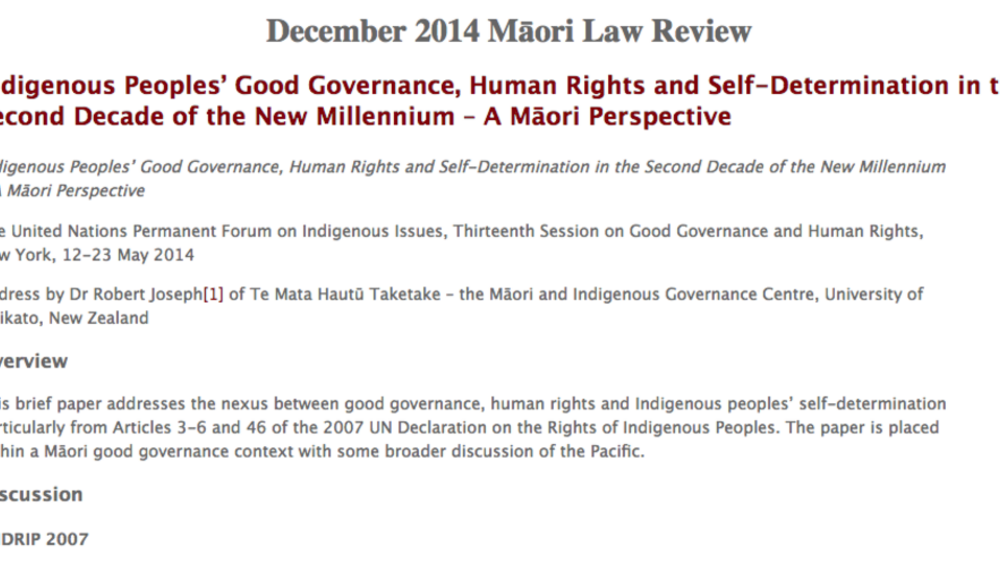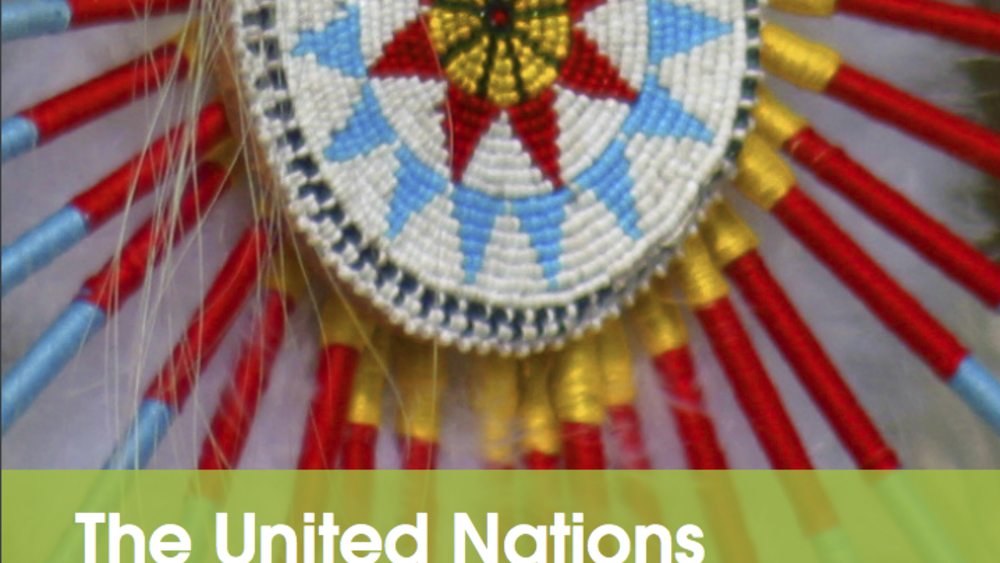In Indian country, the expansion of self-governance, the growth of the gaming industry, and the increasing interdependence of Indian and non-Indian communities have intensified concern about the possible abuse of power by tribal governments. As tribes gain greater political and economic clout on the world stage, expectations have risen regarding the need for greater government accountability in Indian country.
Despite these expectations, Indian tribes are largely immune from external accountability with respect to human rights. In fact, tribes have effectively slipped into a gap in the global system of human rights responsibility. The gap exists in the sense that tribal governments are not externally accountable in any broad sense for abuses of human rights that they commit.
The failure of the legal system to provide for tribal accountability for human rights produces serious harms for Indian tribes and their polities. In this Article, I argue that the conventional understanding of tribal sovereignty must be reformed to reflect the transformative international law principle that all sovereigns are externally accountable for human rights violations. I then offer a proposal based on tribal accountability and respect for tribal sovereignty. I propose that tribes develop an intertribal human rights regime that includes the formation of an intertribal treaty recognizing tribal human rights obligations and establishing an intertribal institution with the capacity to enforce human rights violations. An intertribal human rights regime offers the best possible method for providing external accountability for tribal abuses of human rights...
Additional Information
Singel, Wenona T. "Indian Tribes and Human Rights Accountability." MSU Legal Studies Research Paper No. 11-01. Michigan State University. 2012. Paper. (https://papers.ssrn.com/sol3/papers2.cfm?abstract_id=2241017, accessed July 24, 2023)




